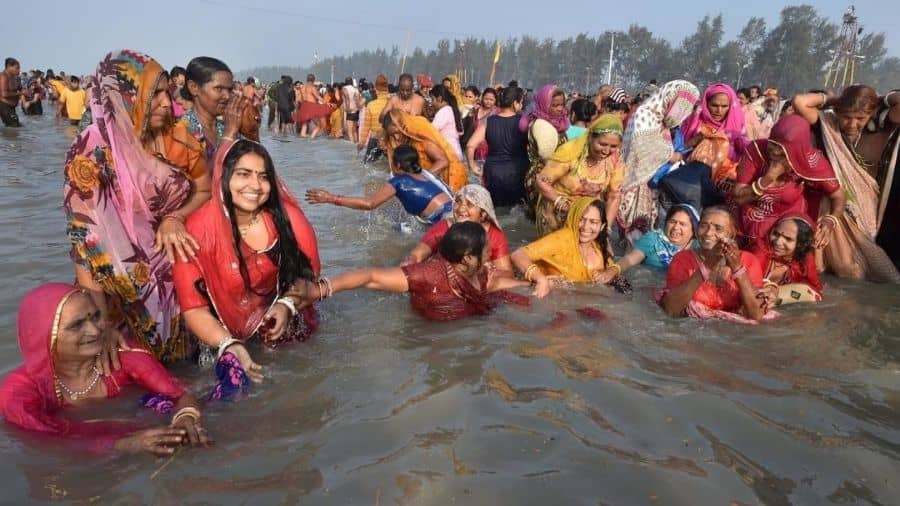Something, as the adage goes, is better than nothing. The Election Commission has banned physical rallies in the five-poll bound states till January 15. This decision is welcome, given that India, unsurprisingly, finds itself in the grasp of the third wave of the pandemic. Yet, there is reason to believe that the deterrent has come a little late in the day. Infections have soared to over one lakh daily cases in the country with the positivity rates of a number of states registering an alarming rise. The message from some of the other minders of Indian democracy has been mixed. Calcutta High Court rightly prioritized the right to save lives over religious functions but, strangely, permitted the Bengal government to proceed with this year’s Ganga Sagar Mela. Political parties and the public continue to be indifferent to the spectre called Omicron. Before the EC’s intervention, none of the major political parties demonstrated the wisdom to call off their campaigns in the states facing elections. The Congress was an exception in Uttar Pradesh, but that too was a response to the surge in cases.
Taken together, these vignettes of callousness reveal a deeper problem: the nation’s unwillingness to learn from past mistakes. There is mounting evidence to suggest that India is repeating several of the errors that it had committed during the second wave even as a fresh wave lashes its doors. The Centre’s response to the demand of booster shots has been shockingly slow: even now, only specific vulnerable communities have been permitted to receive supplementary doses of Covid vaccines. The government’s sloppiness bares an additional problem. India is yet to create a mechanism of disseminating critical data — on waning immunity, vaccine efficacy, breakthrough infection rates — that can augment fleetfooted policy response. Even the public narrative on Omicron betrays complacency. The general signals emanating from institutions that shape the discourse, including the media, is that the Omicron variant is causing mild infections. It is too early to predict such an outcome given the fact that local conditions often influence fatality rates. Even if Omicron, indeed, is less severe as a variant, its chilling ability to infect an overwhelming number of people can lead to a collapse of India’s rickety health network, especially in the rural areas. It remains to be seen how slow and unsteady India wins the race against Omicron.










